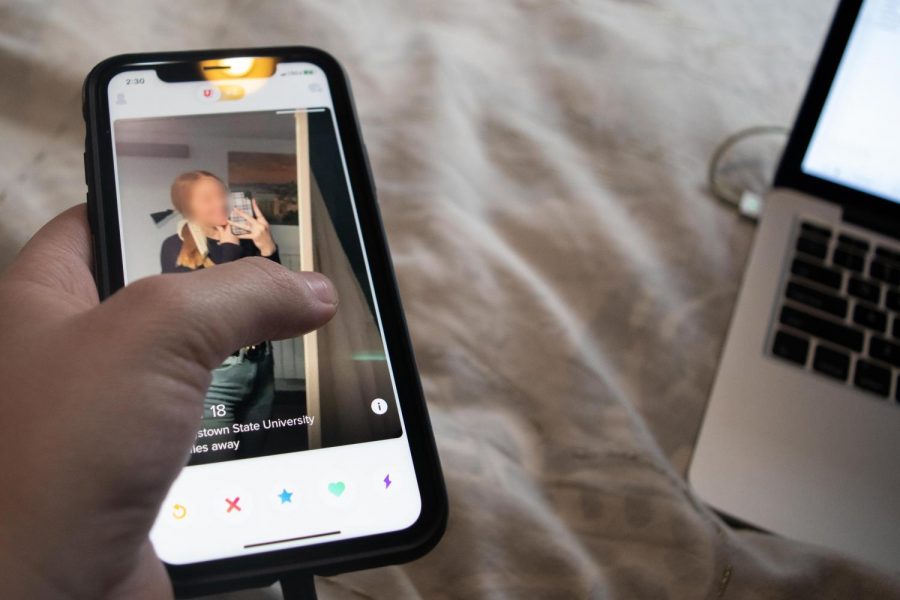“Someone, Somewhere” is not what I expected. Going in with minimal information, I quickly settled into what I anticipated to be a slowly paced film about two leads both struggling with depression thrown into a romance plot. What I ended up watching was a little bit different: an oddly charming concoction of new ideas put together with varying success. There are many scenes that made the experience of watching and subsequently unpacking this film slightly confusing. Moreover, those scenes certainly don’t all fit together, for better or worse.
French director Cédric Klapisch certainly subverts expectations with the tone of the film. The themes of depression, guilt and isolation added to the experience of therapy belie the surprisingly comedic experience. This subversion is helped by the director’s full commitment to crafting a narrative through most of which the characters live separate lives. Klapisch uses the opportunity to play with his editing, using the visual shifts and cuts between characters to create exceedingly effective comedic and emotional moments. Further distancing the two storylines is the difference in set design he employs with them. When both characters attend their first therapy session, Remy (François Civil) is met with a cold room, simple chair and blunt therapist. This is cut next to Mélanie’s (Ana Girardot) first experience; a warm and comfortable room with a more inviting therapist who quickly lightens the tension with a cigarette. Though the plot moves slowly, Klapisch capitalizes on his structure to keep the scenes from overstaying their welcome.
Despite this being a romance film largely devoid of the ability to have conventional on-screen chemistry between its two physically isolated leads for most of the runtime, both of the main characters are endearing in their own right. Mélanie has some interaction with other characters that allow her personality to shine through, whereas Rémy has the much-coveted ability to appear interesting and insightful when staring at nothing. To make sure that the characters are likable, Klapisch throws in a kitten to liven up scenes.
Not all of these endeavors work, however. One of the film’s less expected themes was a criticism of dating apps and online relationships. Speaking during a virtual Q and A, Klapisch laughed that his “go outside” message was perhaps not the most well-timed, but the condemnation of dating apps just doesn’t cut it when compared to the other risks that Klapisch takes and pulls off. His dedication to crafting as realistic a depiction of psychotherapy as possible pays off in spades, with those scenes being some of the best and most poignant the film has to offer, whereas the criticism of dating apps came off as pretentious and over-traditionalist.
Though it very occasionally feels like a lecture from your dad, this is totally overshadowed by the more entertaining and meaningful material that makes up the majority of the film. I have yet to think of another example which intertwines depression and romantic comedies in this isolated structure and be as successful at it. It’s a strange combination, but one that Klapisch proves possible and well as worth watching.
Email Nicholas Weid at [email protected].























































































































































